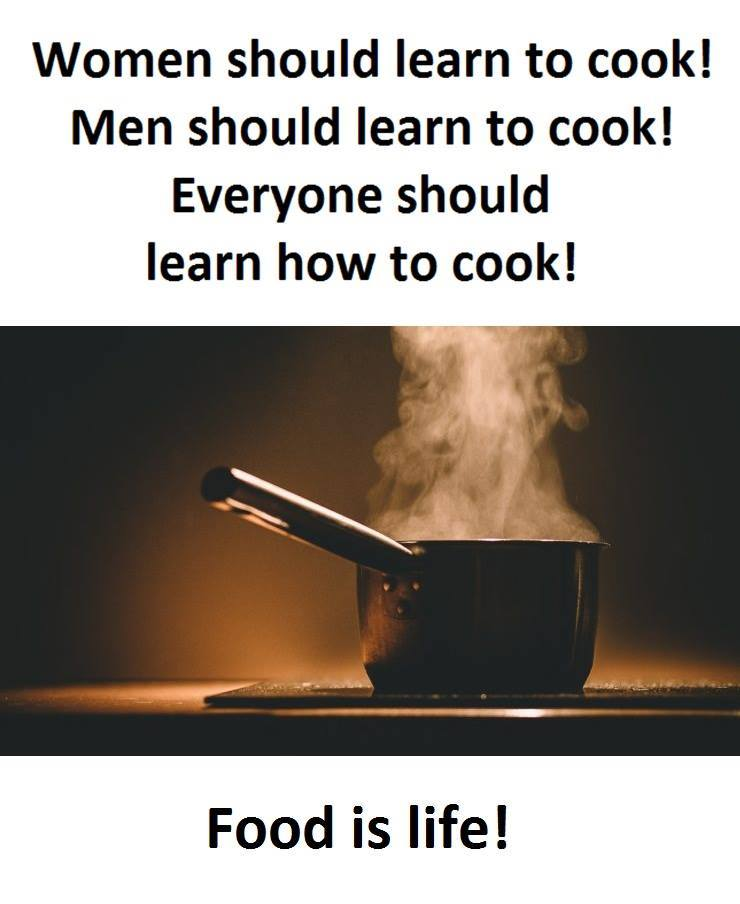ADVERTISEMENT
– **Make Larger Portions**: Cooking in batches can save you time. Make enough for leftovers and try batch cooking a few times a week so you don’t need to cook every day.
– **Freezer-Friendly Meals**: Learn to make dishes that freeze well, like stews, curries, soups, and casseroles.
7. **Watch Tutorials**
– **YouTube**: There are tons of video tutorials for beginners that show step-by-step processes.
– **Cooking Apps**: Some apps give you interactive video lessons, guided cook-alongs, and tips to improve your skills.
8. **Use Pre-prepared Ingredients**
– **Frozen Veggies**: These are just as nutritious and save you the time of washing, peeling, and chopping.
– **Canned Beans, Tomatoes, and Sauces**: Great shortcuts when you’re in a hurry.
– **Pre-marinated Meat or Store-bought Sauces**: Save time on flavor-building steps, especially when you’re starting out.
9. **Get Comfortable with Cooking Times**
– **Know How Long Foods Take to Cook**: For example, pasta takes 8-12 minutes, rice around 20 minutes, and chicken thighs may need 25-30 minutes. Knowing the general cooking times will help you plan meals more efficiently.
– **High-Heat Cooking**: Use high heat to cook things faster. For example, you can stir-fry vegetables at a high heat to preserve texture and reduce cooking time.
10. **Don’t Overthink It**
– **Make Mistakes**: Cooking is a learning process, so don’t worry about making mistakes. Mistakes often teach you more than following a recipe perfectly.
– **Be Flexible with Ingredients**: If a recipe calls for something you don’t have, experiment with substitutions. This builds creativity in the kitchen and can help you learn quicker.
Example Learning Path:
– **Week 1-2**: Focus on mastering basic dishes like scrambled eggs, stir-fries, pasta with sauce, and salads.
– **Week 3-4**: Add in more advanced skills, like roasting vegetables, grilling, and making basic soups or stews.
– **Week 5-6**: Try combining techniques (e.g., stir-frying while roasting vegetables) and start learning how to use herbs and spices for flavor development.
Bonus Tip:
– **Cook Every Day**: The more you cook, the faster you’ll learn. Even if it’s just making a quick meal or prepping for the week, practice will make a huge difference.
By focusing on simplicity, building confidence with key techniques, and preparing efficiently, you can become a proficient cook much faster than you might expect!
